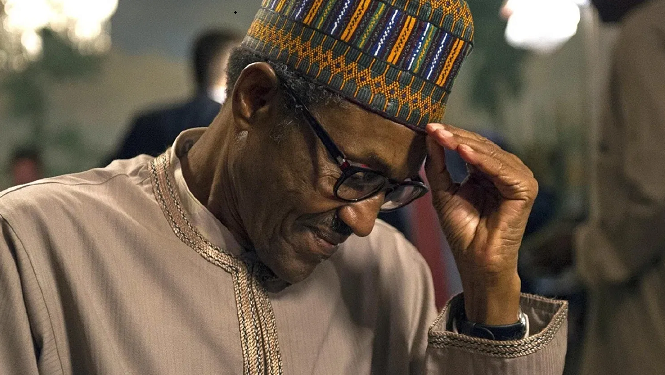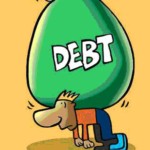(Greenwich Merchant Bank): A myriad of negative events ranging from the oil price shock to the global pandemic overwhelmed the Nigerian economy, thereby mandating a review of the budget spending and its assumptions to cater for additional expenditure plans like the Covid-19 crisis intervention fund (NGN288.02bn) and other notable expansions along the lines of Debt service (+8.98%), and Recurrent expenditure (+2.07%).
Nonetheless, this was countered by the reduction in Statutory transfers (-23.63%), and Capital expenditure (-3.52%). As it turns out, the much-needed amendments and the adverse effect of the Covid-19 pandemic on economic activities slowed government spending.
Read: Nigeria’s Inflation rate continues to soar, hits 15.75% in December 2020
Over the year, the FG’s retained revenue came in at NGN3.94trn, a 36% shortfall relative to the budget target of NGN5.36trn, but at the same time weaker than NGN4.54trn achieved in 2019, chiefly due to the underwhelming performance of the oil market.
Noteworthy, was the oil sector performance which outpaced the budgeted figure of NGN1.01trn by 157% to settle at NGN1.52trn by year-end, accounting for 38.7% of total FGN retained revenue.
We attribute this uptick to a low base effect, with budgeted oil prices and oil production pegged at USD28pb and 1.80MMbpd (compared to the actual values of USD43pb and 1.79MMbpd). Meanwhile, at NGN2.42trn, the non-oil sector, achieved 79% of its revised target, as against NGN3.83trn generated in 2019.
Read: Global Economy: Stronger Growth in Oil Prices Pushes U.S Inflation to the Highest Since August
The FGN was not deterred by the constrained revenue, as the FGN’s expenditure increased by 1.10% to NGN10.08trn, owing primarily to the debt service which rose by 10.63%. In contrast, capital spending remained lower than its target, with actual expenditure marking an 11% shortfall due to the limited oil revenues and the delayed disbursements of project funds.
Ultimately, the country’s deficit stood at a whopping NGN6.14trn, far above the projected deficit of NGN4.98trn.
On a broader view, we note that the global pandemic held back major implementation of the budget’s capital components. However, we expect the recent extension given till the end of this quarter, should give ample time to fund earmarked projects, which invariably stimulates economic activities and boosts growth.
Still, the country’s Debt-to-GDP pegs at 19.44% (well below the World Bank/IMF threshold of 56% for countries in Nigeria’s peer group, and 25% as stipulated by the Fiscal Responsibility Act, 2007).
More concerning, was the debt service to revenue ratio which stands at an unsettling 82.8% as of year-end. We see this figure as being quite unsustainable and urge the government to pursue other avenues to diversify its earnings or rather reduce non-debt recurrent expenditure as well as its overdependence on government-owned enterprises.
For 2021, we believe the advent of positive news inflow stemming from widespread vaccinations, the undersupplied crude market, and growing demand linked to an acceleration in economic activities should keep oil prices above the budgeted figure of USD40.00pb, however, downside risks associated with the prolonged roll outs of vaccines could weigh on the recovery in oil prices.
Growth in the non-oil sector would be helped by quicker vaccinations, amidst a pick-up in economic activities, even though, we still do not expect the economy to waver out of a recession until the end of the second quarter, given the overdependence on revenue.
In addition, weak public investments, alongside limited foreign direct investments leave barely any room for fiscal consolidation. While the government requires a funding plug of NGN5.60trn, weak investor sentiment could upscale the premia demanded by foreign investors, thus increasing its borrowing costs.





















































